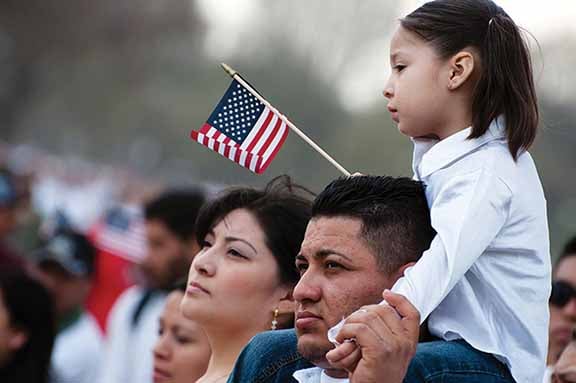By:Ally Bolour, Managing Attorney, Bolour Immigration Group
Over the summer, the Department of Homeland Security (DHS) published new rules expanding inadmissibility findings under the Public Charge provisions. These rules, in effect as of October 15, 2019, have changed the immigration landscape.Although litigation may slow the implementation of the actual policy change – Immigration attorneys nonetheless are already seeing its affects on their clients not only within the U.S., but also forthose abroad trying to obtain immigrant visas.
Domestically, USCIS adjudicators are requesting additional financial documents, if in their opinion, and under the totality of circumstances test, they determine that the beneficiary immigrant would become a public charge or that the U.S. petitioner would be unable to honor the commitments made in the affidavit of support.In some instances officers are demanding an asset-base analysis of the financial health of the sponsor if the annual adjusted gross income is too close to the 125% of the poverty guidelines.
Overseas applicants are at more of a disadvantage. Visa officers are applying the totality of circumstances test and demanding more documents and areasking for co-sponsors on family petitions. In some instances, if the applicant is a beneficiary of a provisional waiver, they will cancel the approval of the I-601A and thus force a prolonged family separation during the time that additional evidence might become available.
The following is what we know re the new rules. They:
- Do not apply in the naturalization process;
- Do apply to immigrants seeking to enter the U.S. or apply for green card thru family petitions;
- Do not apply to asylees;
- Expand
the list of benefits that negatively affect immigrants to include:
- SSI
- TANF
- Section 8 Housing;
- Long-term care;
- Medicaid;
- SNAP.
- Do not apply to Emergency medical assistance, school lunch, Head Start;
- Provide a basis for finding that unjustified requests for fee waivers on USCIS forms will be a negative factor;
- Provide that limited English/education proficiency, medical conditions needing extensive treatmentwill be negative factors;
- Will make Affidavits of supportno longerdefinitive, instead they will serve as only one positive factor.
Courts will no doubt rule on any number of challenges pertaining to these changes; perhaps even issue injunctions, which if not nationwide, would then give way to different results depending on the federal circuit the individual resides in. What is clear however, is that if you are an immigrant or a petitioner for an immigrant and on the margins with limited income, you should consult with an immigration attorney before filing any Immigraiton related petitions, specifically with regards to the issue of public charge. Call our office at 323-857-0034 to schedule a consultation.


